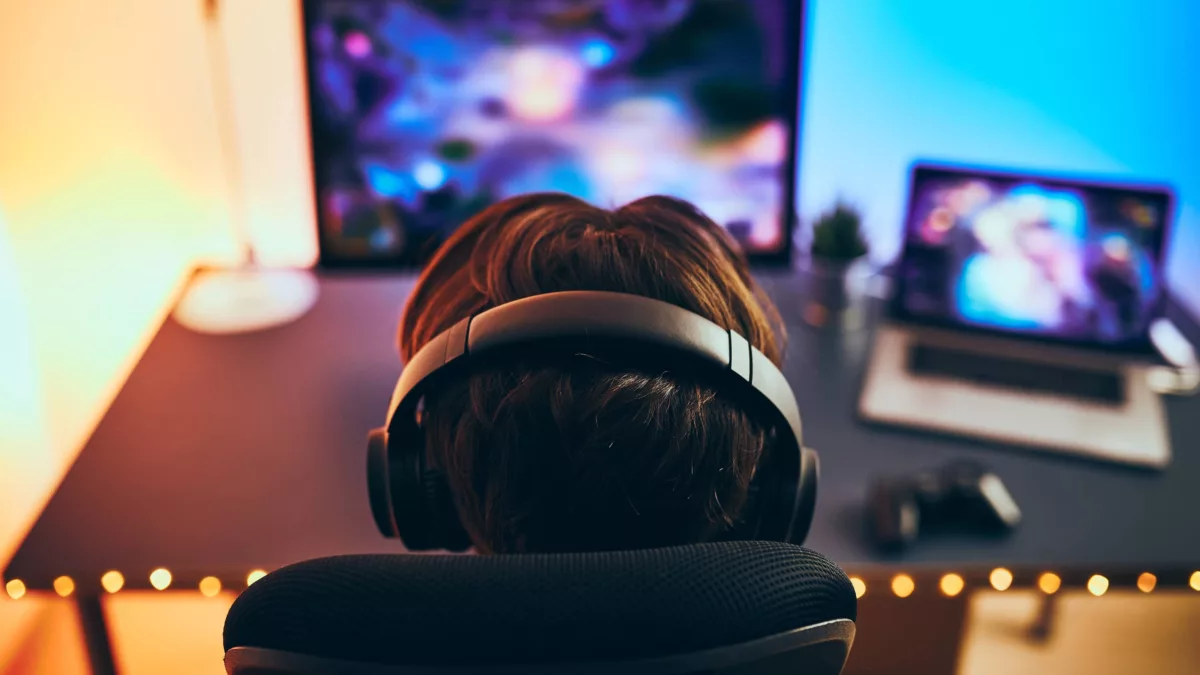Exploring the Depths: The Psychological and Sociological Dynamics of Gaming

Introduction: Gaming is more than just a pastime; it’s a vibrant and complex subculture that intertwines with our psychological and sociological fabric in fascinating ways. From the motivations driving player behavior to the communities that form around shared interests, the world of gaming offers a rich tapestry for exploration. In this blog post, we delve into the psychological and sociological aspects of gaming, uncovering the deeper layers that shape our gaming experiences and interactions.
The Psychology of Gaming: At its core, gaming taps into fundamental psychological mechanisms that drive human behavior. From the exhilarating rush of accomplishment when overcoming a challenge to the sense of immersion and escape from reality, games provide a space for players to engage with their desires, fears, and fantasies. Psychological theories such as flow theory, which describes the state of complete absorption and enjoyment in an activity, help explain why gamers can spend hours engrossed in gameplay without feeling fatigued.
Furthermore, gaming offers a platform for social interaction and communication, fostering connections between players around the world. Online multiplayer games, in particular, provide opportunities for collaboration, competition, and socialization, enabling players to form bonds and communities based on shared interests and experiences. However, the anonymity and distance afforded by online interactions can also lead to toxic behavior and conflicts, highlighting the complex interplay between individual and group dynamics in gaming communities.
The Sociology of Gaming: From LAN parties to gaming conventions, gaming culture has evolved into a vibrant and diverse community with its own norms, rituals, and subcultures. Sociological perspectives offer insights into the social structures and dynamics that shape gaming communities, including issues of identity, representation, and inclusion. For example, research has shown how gender, race, and sexuality influence experiences within gaming spaces, with marginalized groups often facing discrimination and stereotyping.
Moreover, gaming serves as a platform for cultural expression and creativity, with players engaging in activities such as fan art, cosplay, and fanfiction to express their love for their favorite games and characters. These forms of participatory culture not only enrich the gaming community but also contribute to the broader cultural landscape, blurring the boundaries between gaming and mainstream culture.
Conclusion: As we’ve explored the psychological and sociological aspects of gaming, it becomes evident that gaming is more than just entertainment; it’s a multifaceted phenomenon that reflects and shapes our individual and collective experiences. By understanding the psychological motivations driving player behavior and the sociological dynamics shaping gaming communities, we gain a deeper appreciation for the significance of gaming in our lives. Whether as a form of escapism, socialization, or creative expression, gaming continues to captivate and inspire millions of players around the world, leaving an indelible mark on our cultural landscape.
